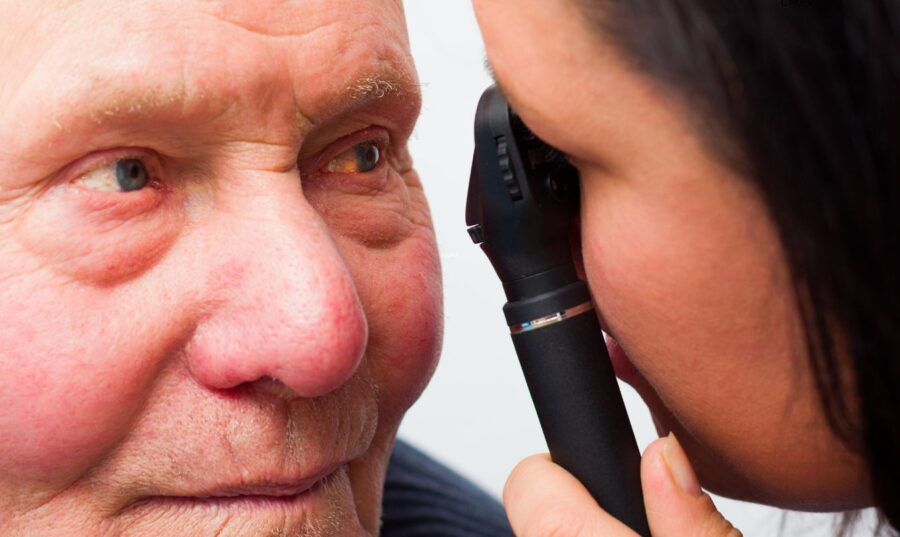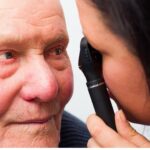|
Getting your Trinity Audio player ready...
|
Coffee and tea are among the most popular beverages worldwide, making caffeine the most widely used psychoactive substance. Caffeine has a direct effect on the state of alertness and wakefulness of human beings. It acts as a stimulant, antioxidant, anti-inflammatory and even helps in pain management.
Many researchers have recently carried out studies on the effects of caffeine on diseases such as cancer, cardiovascular, immunological, inflammatory and neurological disorders, among others, as well as in sports. Some of this research suggests human health benefits from moderate caffeine intake.
Most of these studies use coffee as a source of caffeine. The long-term benefits are related to the antioxidants found in coffee. These benefits include a decreased risk of type 2 diabetes, chronic liver disease, some types of cancer, and cognitive decline associated with aging. It has also been found to improve lung function and reduce the risk of depression and Parkinson's disease. In the following sections I explain other important aspects of caffeine.
Hypertension
Caffeine does not cause hypertension or a long-lasting increase in blood pressure. However, it can cause a temporary increase in adrenaline by inducing the release of adrenaline. This effect It lasts a few hours and the increase is less than that caused by climbing the stairs. Tolerance of this increase in pressure develops a week after daily intake.
Diuresis
Esta sustancia puede tener un efecto diurético leve, aumentando la pérdida de agua a través de la orina. El efecto diurético depende de la cantidad de cafeína ingerida. No obstante, el ingerir otros líquidos sin cafeína, como el agua y los jugos de frutas, cancela cualquier pérdida. Las bebidas con cafeína no causan deshidratación ni desbalance de sodio, potasio y cloruro. Aunque, si tienes diarrea, debes evitar tomar bebidas con cafeína.
Calcium Loss. La cafeína puede aumentar la pérdida de calcio through urine and feces. However, we can counteract it by adding milk to coffee and certain types of tea.
Susceptibility and Habit
El exceso de cafeína puede causar, particularmente en personas susceptibles, nerviosismo, ansiedad, insomnio, inquietud, disforia, excitación, agitación psicomotora, desorientación y hablar confuso. Aunque no llegamos a ser adictos a ésta, las bebidas con cafeína pueden crear hábito. Si se ingieren regularmente y de momento se eliminan, pueden causar somnolencia, dolor de cabeza y problemas de concentración por 1 a 2 días.
Cardiovascular Events
La cafeína puede aumentar temporalmente los latidos del corazón. Estos efectos no son duraderos, ya que esta sustancia no se acumula en el cuerpo. Sin embargo, algunos estudios indican que el consumo de café en exceso puede desencadenar un infarto de miocardio en personas que no consumen café habitualmente, pero no en consumidores habituales. La ingesta elevada episódica de cafeína procedente de bebidas energéticas, especialmente combinada con el consumo de alcohol y el ejercicio físico, se ha relacionado con eventos cardiovasculares. Las personas con historial de ataques cardíacos o alta presión sanguínea, deben consultar con su médico sobre el consumo de cafeína.
Toxic effects are estimated to occur with intakes of 1.2 grams or more and a dose of 10 to 14 grams is believed to be fatal. A recent review of blood caffeine levels in fatal overdose cases showed that the mean postmortem blood caffeine level was 180 milligrams per liter. These levels correspond to an estimated intake of 8.8 grams of caffeine. Caffeine-related deaths have generally been due to very high doses from tablets or supplements in powder or liquid form, primarily in athletes or patients with psychiatric disorders.
Summary. Recommendations from the European Union and the United States indicate that caffeine intake of up to 400 milligrams per day is safe for most non-pregnant and non-nursing adults. Additionally, consuming 2 to 5 standard cups of coffee per day has been consistently associated with a lower risk of several chronic diseases.
Main references
Saraiva, SM, Jacinto, TA, Gonçalves, AC, Gaspar, D. & Silva, LR (2023). Overview of Caffeine Effects on Human Health and Emerging Delivery Strategies. Pharmaceuticals, 16(8): 1067. DOI:10.3390/ph16081067
Van Dam, R.M. & Hu, F.B. (2022). Caffeine Consumption and Cardiovascular Health. Nature Reviews Cardiology, 19(7): 429-430.
Van Dam, R.M., Hu, F.B. & Willett, W. (2020). Coffee, Caffeine and Health. The New Journal of Medicine, 383(4): 369-378.
Carmen M. Pérez Velázquez










